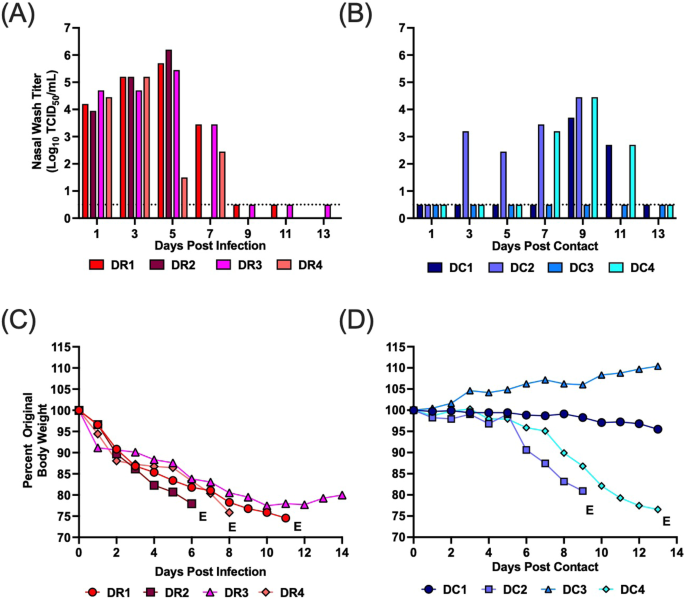2024-05-16 マックス・プランク研究所
<関連情報>
- https://www.mpg.de/21900902/0506-terr-termite-symbiosis-in-transition-153410-x
- https://journals.asm.org/doi/10.1128/mbio.00826-24
シロアリ腸内鞭毛虫との細胞内共生の栄枯盛衰-エンドミクロビアの進化におけるゲノム減少と遺伝子の水平移動(Genome reduction and horizontal gene transfer in the evolution of Endomicrobia—rise and fall of an intracellular symbiosis with termite gut flagellates)
Undine S. Mies, Vincent Hervé, Tom Kropp, Katja Platt, David Sillam-Dussès, Jan Šobotník, Andreas Brune
mBio Published:14 May 2024
DOI:https://doi.org/10.1128/mbio.00826-24

ABSTRACT
Bacterial endosymbionts of eukaryotic hosts typically experience massive genome reduction, but the underlying evolutionary processes are often obscured by the lack of free-living relatives. Endomicrobia, a family-level lineage of host-associated bacteria in the phylum Elusimicrobiota that comprises both free-living representatives and endosymbionts of termite gut flagellates, are an excellent model to study evolution of intracellular symbionts. We reconstructed 67 metagenome-assembled genomes (MAGs) of Endomicrobiaceae among more than 1,700 MAGs from the gut microbiota of a wide range of termites. Phylogenomic analysis confirmed a sister position of representatives from termites and ruminants, and allowed to propose eight new genera in the radiation of Endomicrobiaceae. Comparative genome analysis documented progressive genome erosion in the new genus Endomicrobiellum, which comprises all flagellate endosymbionts characterized to date. Massive gene losses were accompanied by the acquisition of new functions by horizontal gene transfer, which led to a shift from a glucose-based energy metabolism to one based on sugar phosphates. The breakdown of glycolysis and many anabolic pathways for amino acids and cofactors in several subgroups was compensated by the independent acquisition of new uptake systems, including an ATP/ADP antiporter, from other gut microbiota. The putative donors are mostly flagellate endosymbionts from other bacterial phyla, including several, hitherto unknown lineages of uncultured Alphaproteobacteria, documenting the importance of horizontal gene transfer in the convergent evolution of these intracellular symbioses. The loss of almost all biosynthetic capacities in some lineages of Endomicrobiellum suggests that their originally mutualistic relationship with flagellates is on its decline.

